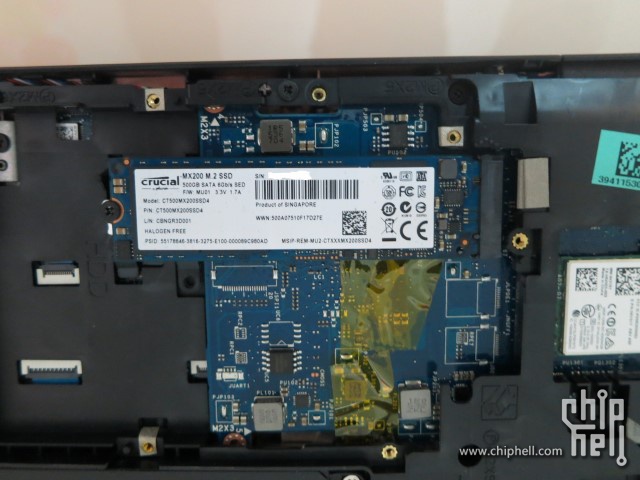Linux Get Ram Slots
It may not have Linux built in, but you can choose to install Linux on it. So it makes for a good Linux-based mini PC. You can either opt for a full-fledged mini PC, or get a NUC board at a lower price to DIY (similar to a Raspberry Pi). Specifications Overview. Intel 8th gen processor; Radeon Vega Graphics; Intel Optane Memory (16 GB) HDMI port. There were risers in the 80s that could expand one slot into 2 or 4 slots, but there's no reason for this with modern PCs since 2gb (and even 4gb) dimms are available.
Linux Get Ram Slots Free
Translation(s): English - Français - Italiano - Русский | ?Discussion |
How to identify a device > RAM
How to identify the installed Memory / RAM.
Many people simply use free, which is available on every Debian system, to list the quantity of RAM installed (detected). Gnome users can install and use the hardinfo. KDE user can use kinfocenter.
free
free is the Unix command to know about free/used/available memory on your system:
under Gnome: hardinfo
Gnomes's System Information (Hardinfo in Menu Applications/System Tools, from package:hardinfo) has an information page on the RAM installed.
under KDE: KInfocenter
KDE's KInfoCenter (in K Menu / System / KInfoCenter Info Center, from package:kcontrol) has an information page on the RAM installed.
dmidecode
dmidecode can be used to query the motherboards DMI zone about RAM, Ram Slot(s) and Memory Controller:
dmidecode -t memory is equivalent to running the 4 commands below (i.e dmidecode -t 5 -t 6 -t 16 -t 17)
Memory Device
Linux Get Ram Slots 2020
Memory Controller Information
Memory Module Information
lshw
You can also check information about RAM (like speed, type, etc) using lshw (from package lshw).

References
manpages: free(1), dmidecode(8)